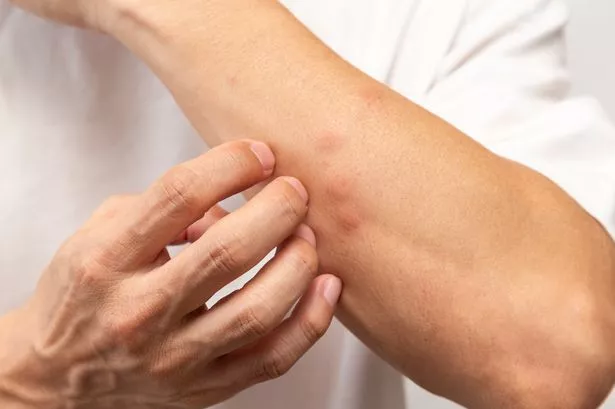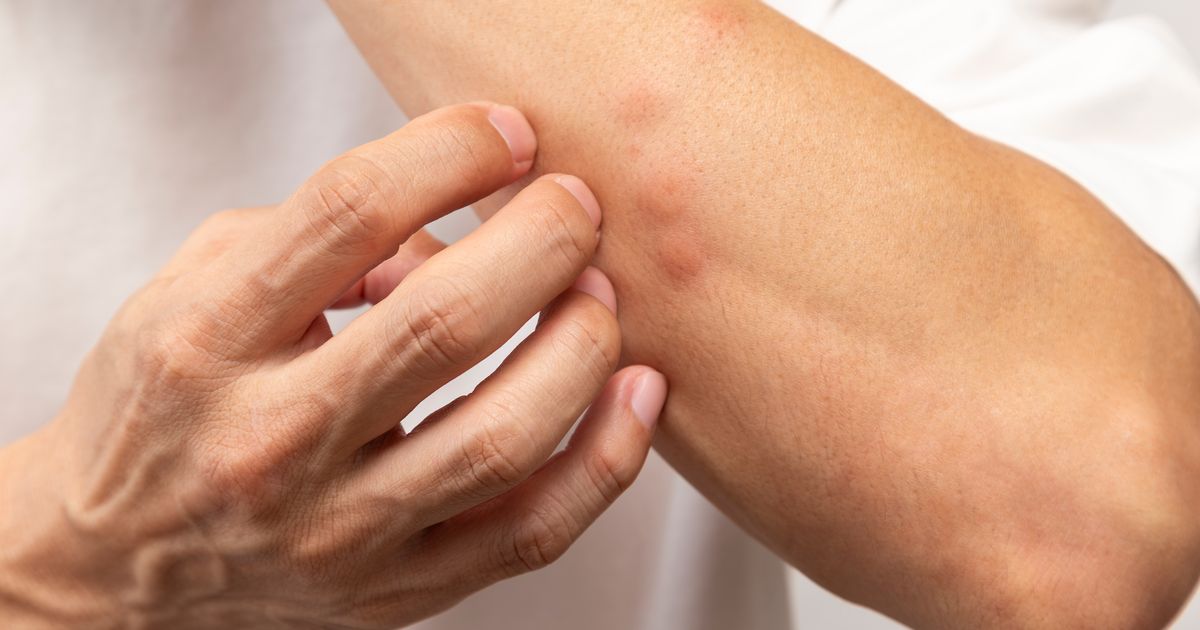The UKHSA has reported three cases of Oropouche virus in travellers returning to the UK
14:38, 15 Aug 2025Updated 14:38, 15 Aug 2025
 Oropouche virus is spread by the bite of infected midges(Image: Getty Images)
Oropouche virus is spread by the bite of infected midges(Image: Getty Images)
Health officials have issued a warning as Oropouche virus has been reported in the UK for the first time following a rise in global infections.
Experts warn the flu-like illness can have “severe consequences” for pregnant women, warning that the virus should “not be underestimated”.
The first cases of the emerging disease were detected in three travellers returning to the UK, all of which were associated with travel to Brazil.
Oropouche virus, which is spread by midge bites, can cause a fever, headaches, joint pain, muscle pain, chills, nausea and vomiting.
Officials have urged anyone who becomes unwell with these symptoms after travel to affected areas, including parts of Central and South America and the Caribbean, to seek urgent medical advice.
 The virus can be passed from a pregnant woman to their fetus during pregnancy(Image: Getty Images)
The virus can be passed from a pregnant woman to their fetus during pregnancy(Image: Getty Images)
The type of midge responsible for the outbreak in the Americas is not seen in the UK and Europe, the UKHSA says.
According to the World Health Organisation (WHO), before late 2023, Oropouche virus was mostly reported near the Amazon rainforest area. However, in 2024, Brazil, Bolivia, Colombia, Cuba, Guyana, Peru and the Dominican Republic reported locally transmitted cases of the disease.
Due to the increase in cases and recent concerns over the effects of the infection during pregnancy, pregnant travellers should take particular care.
Dr Enny Paixao, an associate professor at the London School of Hygiene and Tropical Medicine, warns the virus should “not be underestimated”, particularly for pregnant women
She told The Mirror: “The potential public health implications should not be underestimated. Although OROV [Oropouche virus] infection is typically mild and self-limiting, previous outbreaks reported by PAHO and the Brazilian Ministry of Health have included fatalities. In Brazil, several confirmed or suspected cases of vertical transmission have also been documented, with severe consequences for the fetus.”
 Tiny biting insects called midges can transmit Oropouche virus to humans(Image: Getty Images)
Tiny biting insects called midges can transmit Oropouche virus to humans(Image: Getty Images)
According to Dr Paixao, one case of Oropouche virus reported in the state of Pernambuco in Brazil last year resulted in the death of the fetus, while a second case reported in the state of Acre caused “congenital anomalies” in a newborn, including a condition in which a baby’s head is much smaller than expected. The child died after 47 days, she added.
She continued: “These findings underscore the urgent need for further investigation, which should be considered a public health priority.
“Pregnant women should be counselled on preventive measures, particularly the use of mosquito bite protection, as this not only reduces the risk of Oropouche virus infection but also protects against other mosquito borne diseases, including Zika, dengue, and chikungunya.”
Signs and symptoms of Oropouche virus
According to the UKHSA, symptoms of the virus typically show up four to eight days after a bite. Onset of the illness is sudden, and symptoms include:
feverheadachejoint painmuscle acheschillsnausea and vomitingrashsensitivity to lightdizzinesspain behind the eyes
Symptoms typically last up to a week but in about 60 per cent of cases they can come back days or even weeks later.
While most people recover fully, the virus can lead to more serious conditions in rare cases. These include meningitis, Guillain-Barre syndrome or encephalitis (inflammation of the brain).

